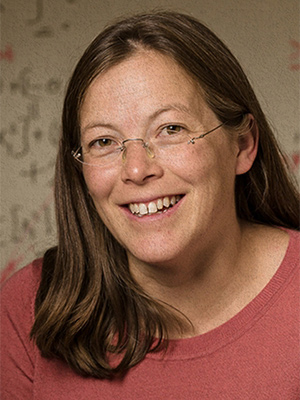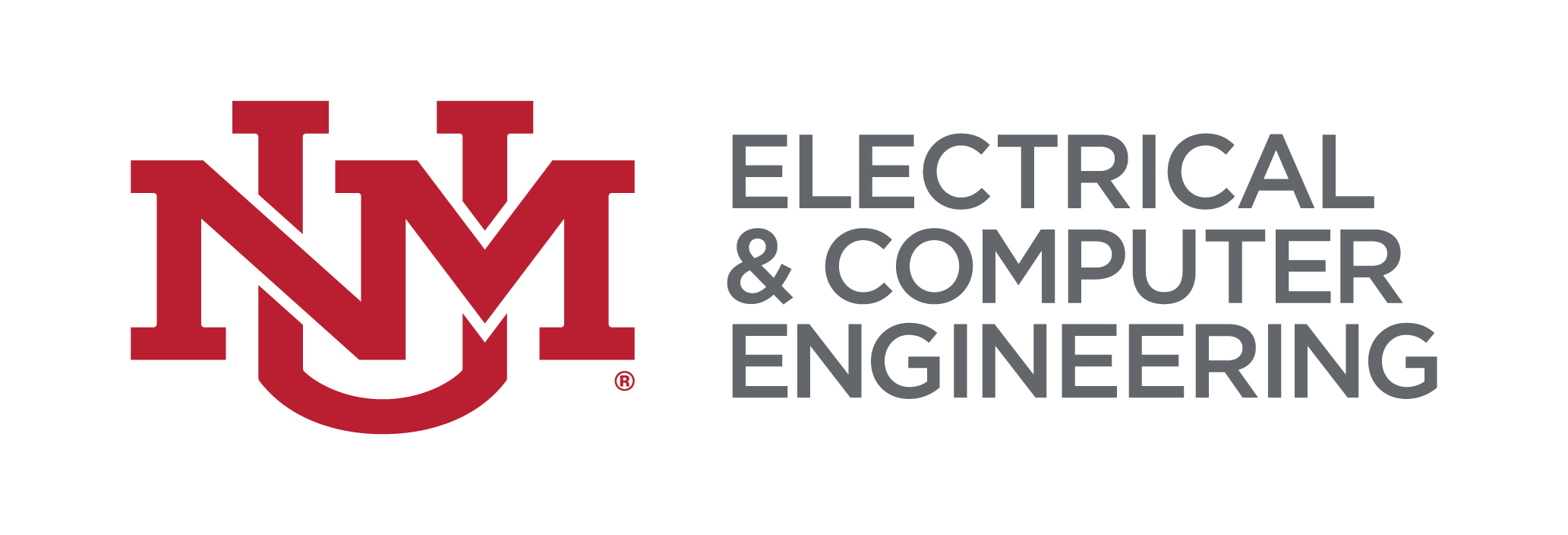Recent News
December 5 Seminar: Sal Portillo
December 3, 2025
November 21 Seminar: Jim Aarestad
November 19, 2025
November 14 seminar: Manel Martínez-Ramón
November 12, 2025
November 7 seminar: Bradley Ratliff
November 5, 2025
News Archives
NASA Picks Oishi to Join Multi-Institutional Team
May 15, 2020

ECE Associate Professor Meeko Oishi has been selected to be part of a multi-institutional NASA project to support various aeronautics research goals over the next four years.
This project, “Assured Autonomy for Aviation Transformation,” is part of the NASA University Leadership Initiative, which will provide a total of $32.8 million to five teams.
Oishi is working with the Stanford University team, which is tasked with developing tools to ensure that machine learning in autonomous systems used by unmanned aircraft work as expected in real-time environments. The team will investigate verification and validation, failure detection and identification, and recovery methods in advanced air mobility situations, including taxiing, landing and collision avoidance.
The Stanford-led team will receive $8 million over four years. UNM’s share of the project is about $580,000. The project begins in September 2020.
Other members of the team are Massachusetts Institute of Technology; Georgia Tech; Hampton University; University of California, Berkeley; MIT Lincoln Laboratory; and United Technologies Research Center Inc. in Berkeley.
Technologies like flying cars might seem like something out of a science fiction movie, but this project might actually pave the way to make that feasible one day.
“At UNM, students in my lab will help to design recovery maneuvers as part of a new framework for assured autonomy in urban air mobility. These methods will help improve reliability in autonomous systems that rely upon learning-enabled components,” Oishi said.
Futuristic technology is one possible outcome of the project, but also the project will likely yield advances in a wide variety of application domains and have an impact on other autonomous systems beyond aviation, she said.
“The future of urban transport is likely to change significantly as technologies for urban air mobility become a reality,” Oishi said. “The methods this team is working on will help make such technologies more robust, reliable, and safe. The creation of theory and tools for assured autonomy, at the intersection of machine learning and control theory, could enable major advances in aviation.”
Oishi will be the only UNM faculty member working on the project, along with a graduate student. For the outreach component, the Engineering Student Success Center will be coordinating activities for K-12 students, and program coordinator Carol Jimerson will help create an undergraduate summer research opportunity for UNM students at Stanford University. Oishi said this will leverage the Summer Intensive Research Institute that she is putting together for the multi-institutional National Science Foundation Cyberphysical Systems (NSF CPS) Cognitive Autonomy for Human CPS project, headquartered at UNM.
Story by Kim Delker
